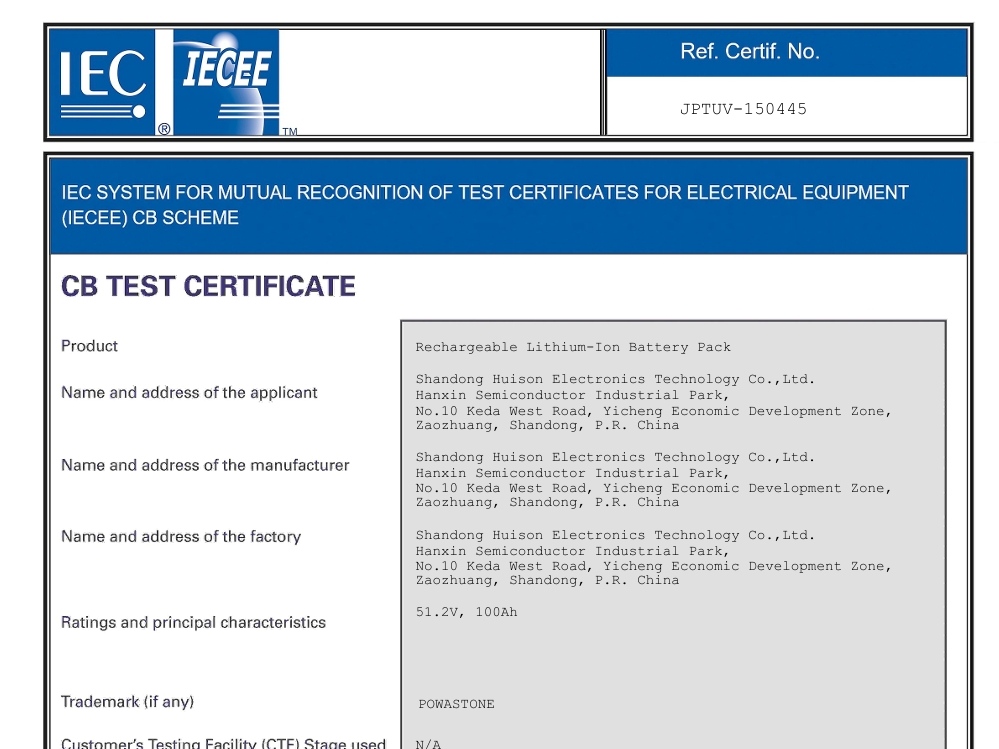Low voltage batteries are rapidly becoming one of the most important technologies in the area of energy storage systems due to how effectively they improve safety across numerous applications. With the emphasis on developing renewable energy solutions and the urgent need for efficient energy management systems, there is increasing focus on the role of low voltage batteries. In this article, we explain how these batteries help to enhance energy efficiency while also prioritizing safety, making them ideal for both domestic and commercial applications.
The first thing to note is the safety features of low voltage batteries. The risk of electric shock is significantly greater with high voltage systems than with low voltage systems. This makes low voltage batteries way safer to handle and install. This is very important in places like homes, schools, and hospitals where safety is top priority. Furthermore, the risk of catastrophic failure with low voltage systems is much lower, which greatly minimizes the risks of fires or explosions that are possible with higher voltage systems.
Another noteworthy advantage of low voltage batteries is that they align with a variety of safety standards and regulations. Numerous countries have developed policies pertaining to energy storage systems, especially in relation to their risk of fire and electrical damage. Unlike other types of batteries, low voltage batteries often meet or surpass these guidelines which ensures safety for consumers and businesses. This compliance not only protects from potential dangers, but also simplifies the use of other safety devices and technologies designed for systems integration.
Furthermore, low voltage batteries make an additional contribution to the performance of energy storage systems. These batteries are capable of operating at low voltages which reduces the energy loss due to heat produced in the charging and discharging cycles. This effectiveness leads to the reduction in energy used to maintain the system, and increases the lifetime of the batteries which is a major advantage for businesses trying to manage their energy costs. For this reason, the economic advantages of low voltage batteries boost their attraction in the energy storage industry.
The ecological advantages of low voltage batteries cannot be missed either. With current global developments, low voltage batteries aid in the mastring of renewable energies like wind and solar. Their capacity to store available energy during high production times is beneficial to the energy grid as it decreases the dependency on fossil fuels. This helps lower carbon footprints as well. This synergy with world sustainability goals is critical for both consumers and businesses that invest in green technologies.
To summarize, low voltage batteries help improve the level of safety in energy storage systems. Their configuration reduces the risks posed by high voltage systems, guarantees compliance with legislative safety standards, and promotes energy efficiency. With ongoing changes in the market, there will be an increased need for autonomous, reliable, and efficient energy storage, and low voltage batteries will serve this purpose, providing essential functions for this shift. Existing developments suggest a movement towards modular energy systems designed with a focus on operational safety, making systems using low voltage batteries crucial to future energy solutions.







